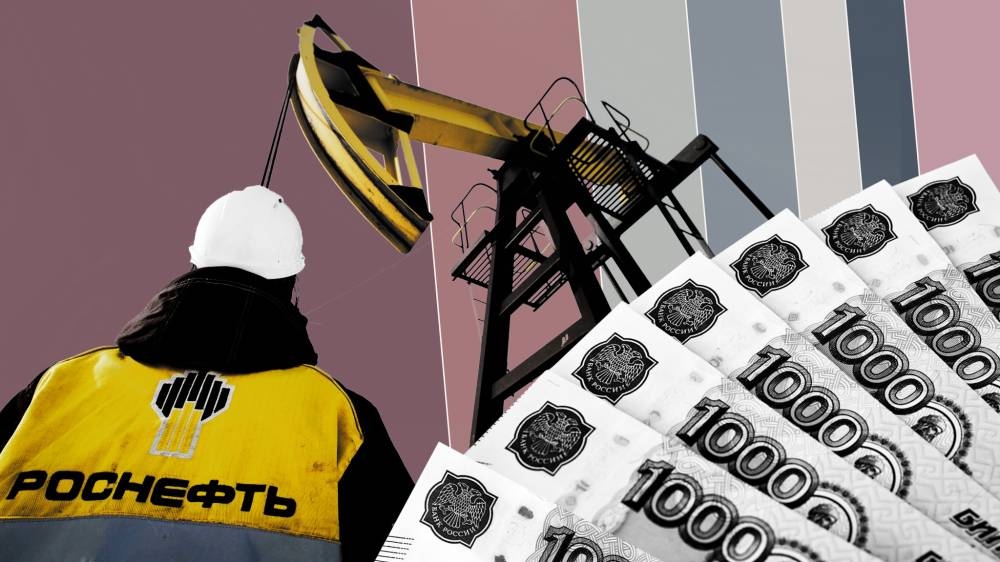Europes biggest companies suffered at least 100 billion euro in direct losses from their operations in Russia since the beginning of the Russian military operations in Ukraine last year.
An analysis by the Financial Times said that a survey of 600 European groups annual reports and 2023 financial statements shows that 176 companies have recorded asset impairments, foreign exchange-related charges and other one-off expenses as a result of the sale, closure or reduction of Russian businesses, adding that this aggregate figure does not include the wars indirect macroeconomic impacts such as higher energy and commodities costs. On the other hand, the war has also delivered a profit boost for oil and gas groups and defense companies.
Analysts believe that Moscows decision to seize control of the Russian businesses of gas importers Fortum and Uniper in April, followed by the expropriation of Danone and Carlsberg last month, suggests more pain lies ahead.
The newspaper noted that more than 50 percent of the 1,871 European-owned entities in Russia before the war are still operating in the country, according to data compiled by the Kyiv School of Economics. European companies still present in Russia include Italys UniCredit, Austrias Raiffeisen, Switzerlands Nestlé and the UKs Unilever.
Partner at strategic consultancy Control Risks Nabi Abdullaev said that "even if a company lost a lot of money leaving Russia, those who stay risk much bigger losses....It turns out that cut and run was the best strategy for companies deciding what to do at the start of the war. The faster you left, the lower your loss."
The heaviest costs of withdrawal were concentrated in a few exposed sectors. Those with the biggest writedowns and charges are oil and gas groups, where three companies alone BP, Shell and TotalEnergies reported combined charges of 40.6 billion euro. However, the losses were far outweighed by higher oil and gas prices, which helped these groups report bumper aggregate profits of about 95 billion euro ($104 billion) last year.
As for other sectors, utilities took a direct hit of 14.7 billion euro, while industrial companies, including carmakers, have suffered a 13.6 billion euro blow. Financial companies including banks, insurers and investment firms, have recorded 17.5 billion euro in writedowns and other charges.
BP reported a $25.5 billion charge, announcing three days after the invasion that it would sell its 19.75 per cent stake in state-owned oil group Rosneft, according to the Financial Times, while it took TotalEnergies longer to report a total cost of $14.8 billion. The French energy group has yet to write down its 20 per cent stake in the Yamal LNG project.
German group Wintershall Dea said in January the Kremlins expropriation of its Russia business had wiped 2 billion euro of cash from its bank accounts. Uniper, which was bailed out by the German state last year, booked 5.7 billion euro in impairments, while Finlands Fortum took a 5.3 billion euro hit.
Eleven carmakers took a combined 6.4 billion euro in charges. Renault wrote off 2.3 billion euro after selling its Moscow plant and the stake in Russias Avtovaz in May 2022. Volkswagen reported a 2 billion euro writedown and in May Moscow approved the sale of VWs local assets, including a plant employing 4,000 people, which were still valued at Rbs111.3 billion (1.5 billion euro) last year.
In the financial sector, Frances Societe Generale sold Rosbank and its insurance activities to Vladimir Potanin, an ally of Putin, taking a 3.1 billion euro hit in the process.
Nevertheless, only a handful of the 45 western banks with Russian subsidiaries have exited the country, partly because of constraints imposed by Moscow.
The newspaper noted that the groups still operating in Russia are taking a high-risk gamble, as the tighter exit rules introduced by Moscow since the start of the war has made expropriation likely and extracting any dividends out of these businesses is almost impossible.
Business
Financial Times: European companies suffer 100 billion euro hit due to Russia's military operations in Ukraine

